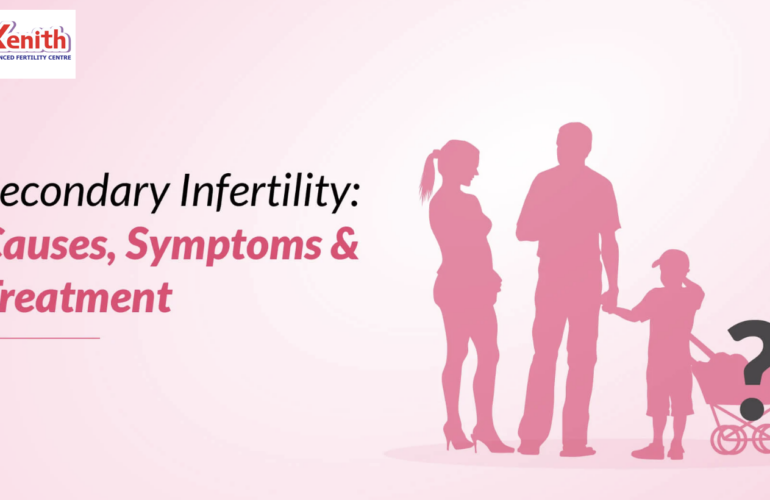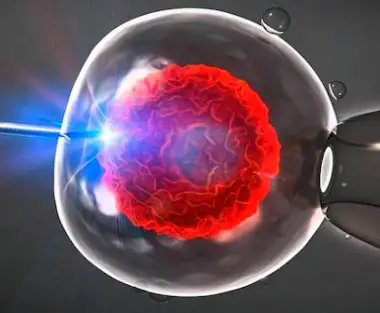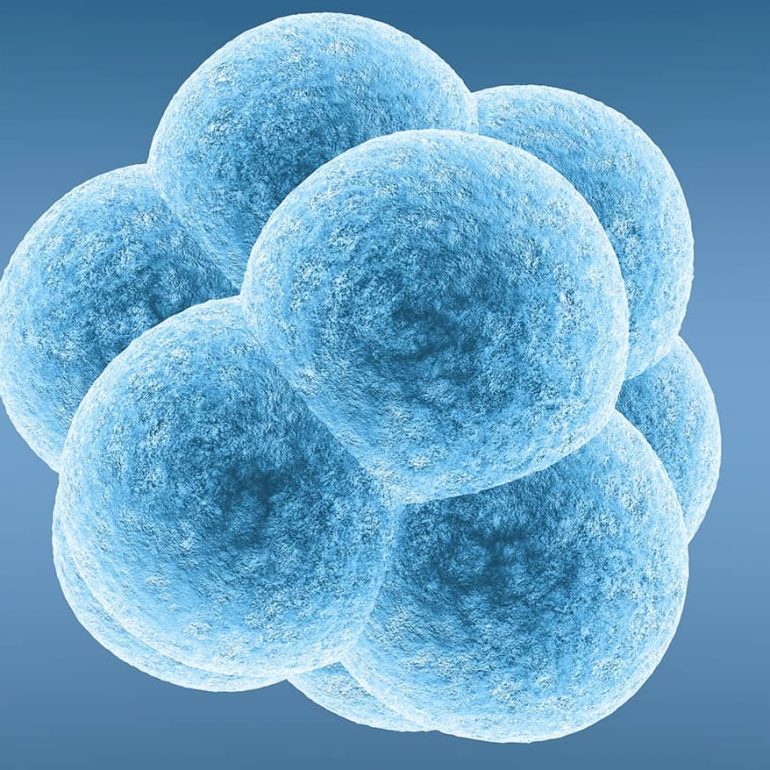Xenith Hope Circle
Join our new WhatsApp community
Intracytoplasmic Sperm Injection (ICSI) Treatment in India
ICSI (Intracytoplasmic Sperm Injection) is a highly specialized form of fertility treatment. At Xenith, we offer advanced ICSI treatment for couples facing challenges with infertility, especially when traditional IVF may not be sufficient. Whether you’re searching for “ICSI full form” or exploring “ICSI in India,” this treatment could be a game-changer, especially in severe male infertility cases.
What is ICSI?
ICSI, short for Intracytoplasmic Sperm Injection, involves injecting a single sperm directly into the cytoplasm of an egg. This procedure is particularly beneficial for couples dealing with male factor infertility, poor sperm motility, or low sperm count. It also serves as an essential option for those with failed fertilization attempts through conventional IVF.

Free Thursday Consultation
Book Your AppointmentEXCELLENTTrustindex verifies that the original source of the review is Google. It was a wonderful experience. The staff is extremely co-operative. Special thanks to Dr. Pooja for taking utmost care and being available always. Really appreciate the efforts of the entire Xenith team.Posted onTrustindex verifies that the original source of the review is Google. I had a wonderful experience at Xenith IVF. The team took amazing care of us throughout the journey and made us feel supported at every step. Truly grateful and very happy with the experience.Posted onTrustindex verifies that the original source of the review is Google. Best doctor's ever, good experience, all staff are supporting.Posted onTrustindex verifies that the original source of the review is Google. Efficient and well-organized center. Friendly and understanding receptionists; amazing and phenomenal service of the doctors. It has truly been a wonderful experience. Thank you.Posted onTrustindex verifies that the original source of the review is Google. After a long journey, Xenith IVF helped make my dream come true through IVF. I am most thankful to Dr. Mamta Dighe, along with Dr. Pooja, Dr. Poonam, Dr. Reshma, and Dr. Minal, for their exceptional care and support throughout this process. The sisters Ms. Sonia, Ms. Mayuri, Ms. Pallavi were kind and attentive, and the reception team Ms. Kalyani, Ms. Samiksha, Ms. Sharayu was polite and welcoming. The clinic maintains state-of-the-art lab facilities with advanced technology and strict hygiene standards, which gave me confidence throughout the process. I also appreciate their complete transparency in procedures and clear communication at every step, which made the experience stress-free and trustworthy. The team ensures maximum patient comfort and provides emotional support during every stage, patiently answering questions and offering reassurance when needed. Xenith IVF is known for its high success rates and personalized treatment plans, which truly make a difference for couples struggling to conceive. Thank you, Xenith IVF, for your dedication and compassionate approach. I highly recommend Xenith IVF to anyone looking for expert care and a supportive team.Posted onTrustindex verifies that the original source of the review is Google. We extend our sincere appreciation for the exceptional service provided by Xeinth. The doctors, particularly Dr. Pooja, demonstrated remarkable expertise and knowledge, offering invaluable guidance and care throughout our experience. Her ability to address each query with clarity and compassion was greatly appreciated. The entire staff, including the nurses, exhibited a high level of professionalism and empathy, making our journey a positive one. Thank you team. We highly recommend Xeinth for their outstanding care and service.Posted onTrustindex verifies that the original source of the review is Google. Good experience and positive feedbackPosted onTrustindex verifies that the original source of the review is Google. Dr. Mamta Dighe and the team at Xenith Advanced Fertility Centre providing exceptional care throughout our pre and post pregnancy journey. They were incredibly compassionate, knowledgeable, and always took the time to answer our questions, easing our anxieties during a very emotional process.Thanks to their expertise and support, we are now happily expecting our first child! 🙂". Thank you Mamta ma'am ,Poonam ma'am, Pooja ma'am, Reshma ma'am ,meenal Ma'am and all staff of Xenith.
Procedure for ICSI: Step-by-Step Guide
Wondering about the procedure of ICSI step by step? Here’s how it works:
- Egg Retrieval: The process begins with the stimulation of the ovaries to produce multiple eggs, which are then retrieved through a minor surgical procedure.
- Sperm Preparation: The sperm is carefully selected and prepared for injection. This is crucial in cases where sperm quality is compromised.
- Sperm Injection: Using a fine needle, a single sperm is injected directly into the center of the egg (cytoplasm), hence the name “Intracytoplasmic.”
- Fertilization and Embryo Development: Post-injection, the eggs are monitored for fertilization. Typically, normal fertilization rates range between 75-85% with ICSI.
- Embryo Transfer: After 3-5 days of monitoring, the healthiest embryos are selected for transfer back into the uterus.
This ICSI procedure is designed to maximize the chances of successful fertilization and subsequent pregnancy.
Difference Between IVF and ICSI
While both IVF and ICSI follow similar patient procedures like egg retrieval and embryo transfer, the key distinction lies in the fertilization technique. In IVF, sperm are placed around the egg, allowing natural fertilization to occur. In ICSI, the sperm is directly injected into the egg. This approach is particularly effective when sperm quality is an issue.
ICSI Success Rates and Considerations
At Xenith, we are proud of our high ICSI success rates. Our experienced specialists will guide you in making an informed decision about your fertility treatment.
ICSI in IVF: Is It Right for You?
If you are dealing with male infertility, previous failed fertilization attempts, or specific conditions like low ovarian reserve or advanced maternal age, ICSI in IVF might be recommended. At Xenith, our specialists provide personalized care to ensure the best possible outcomes.
Conclusion
For couples struggling with infertility, ICSI offers a promising solution. Whether you’re searching for “ICSI treatment in India” or need detailed information on the “ICSI procedure,” Xenith is here to support you every step of the way. Contact us today to discuss your options for ICSI and take the first step towards growing your family.
Why Choose Xenith?
- Patient-centered care
- Specialty in Recurrent IVF Failures
- Focus on interventions
- High IVF success rates
- High Clinical Standard
- All treatments under one roof
Book Appointment Today!
Recent Posts
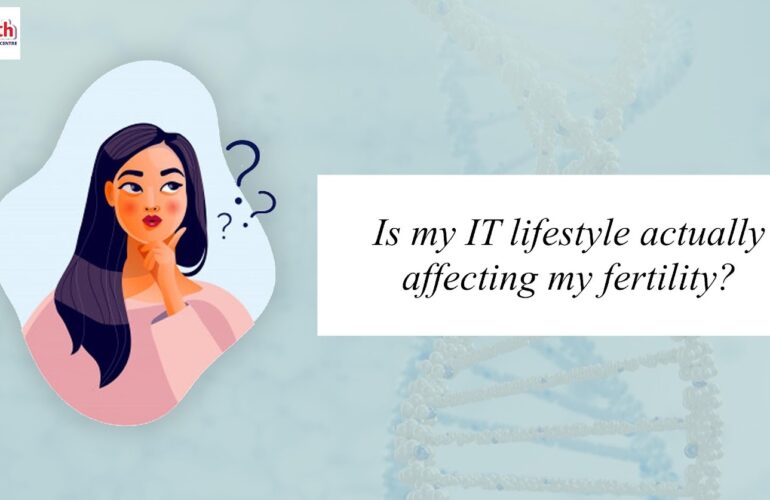
Sitting, Stress, and Screens: How Pune’s IT Lifestyle (Hinjewadi/Magarpatta) Impacts Your Fertility
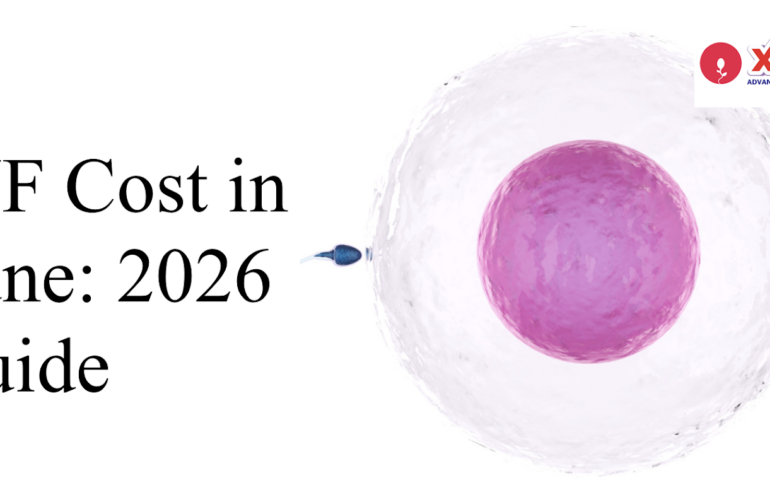
IVF Cost in Pune [2026 Guide]: A Transparent Breakdown of Packages, Meds, and Hidden Fees
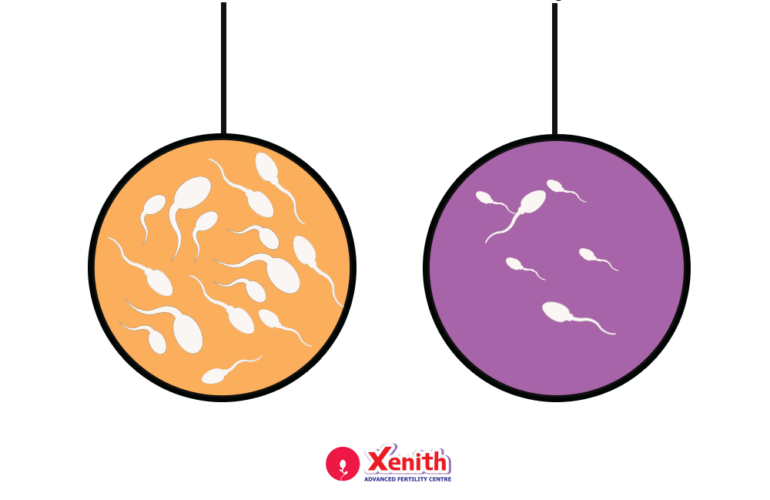
Can I Be a Father with Zero Sperm? A Guide to Micro-TESE and Advanced Retrieval in Pune
